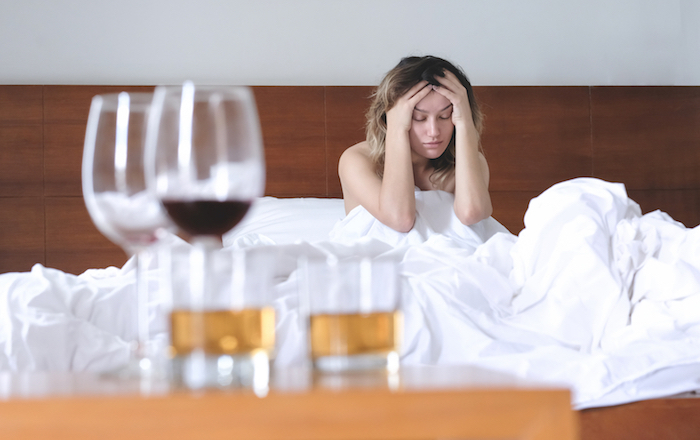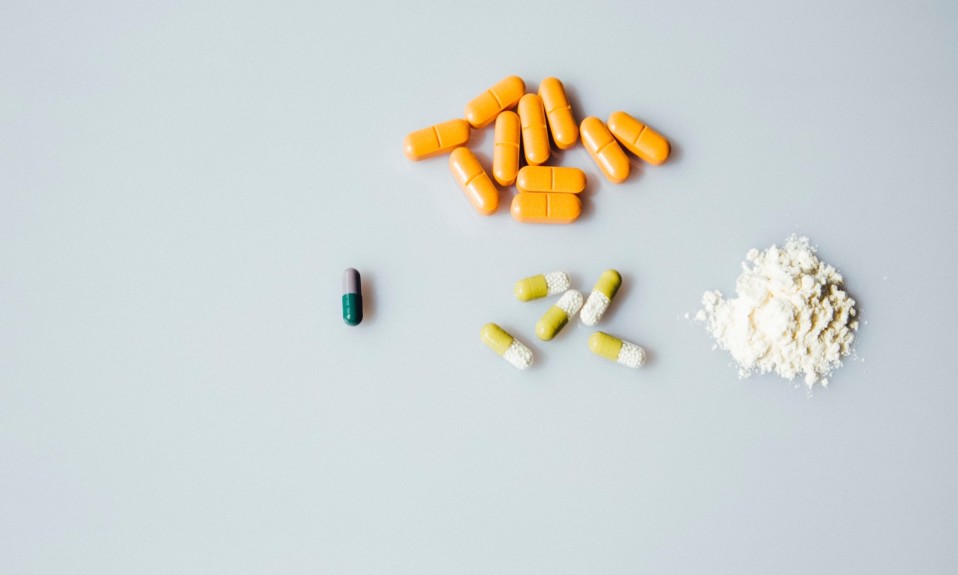Plus: New York’s OD prevention centers are gaining traction, COVID is exacerbating youth mental health maladies, and stress makes women vulnerable to heavy drinking
By William Wagner
Looking for hangover cures? They don’t exist, according to a team of researchers from King’s College London and South London. Your best option is to simply avoid drinking altogether.
We also examine the benefits of New York’s recently opened overdose prevention centers, the damage COVID has done to the mental health of America’s youth, and the relationship between stress and excessive alcohol consumption among women.
From Addiction:
Don’t Count on a Hangover Remedy
There is no “magic bullet” when it comes to beating a hangover. Researchers studied a range of remedies—from Duolac ProAP4 (probiotics) to Korean pear juice—and found that none lived up to their billing.
“Hangover symptoms can cause significant distress and affect people’s employment and academic performance,” Emmert Roberts, lead author of the study, said in a news release. “Given the continuing speculation in the media as to which hangover remedies work or not, the question around the effectiveness of substances that claim to treat or prevent a hangover appears to be one with considerable public interest. Our study has found that evidence on these hangover remedies is of very low quality, and there is a need to provide more rigorous assessment. For now, the surest way of preventing hangover symptoms is to abstain from alcohol or drink in moderation.”
NYC Health:
New York’s OD Prevention Centers Are Working
As reported in TreatmentMagazine.com, New York City opened the first publicly recognized overdose prevention centers (OPCs) in the U.S. this past November. The OPCs, where people can bring in their own substances and use them under the observance of trained staff, have paid immediate dividends. In their first three weeks of operation, the centers were used more than 2,000 times and prevented at least 59 overdoses, according to the city health department.
We are meeting people who use drugs where they are in their life journey to support them in building their self-worth.”
—Sam Rivera, executive director of OnPoint NYC
“These data are promising and show how overdose prevention centers will reduce needless suffering and avoidable death,” said New York City health commissioner Dave A. Chokshi. “The simple truth is that overdose prevention centers save lives—the lives of our neighbors, family and loved ones.”
The initial results provide validation for advocates of harm reduction. “We are meeting people who use drugs where they are in their life journey to support them in building their self-worth,” said Sam Rivera, executive director of OnPoint NYC, which administers the program. “In celebrating life, we are humanizing people often not treated as human.”
U.S. Surgeon General:
COVID Spurs a Mental Health Crisis Among Youth
The pandemic has had an outsized impact on the mental health of America’s youth, so much so that U.S. Surgeon General Vivek Murthy recently released an advisory on the matter. Murthy states that there were 6,000 suicides in 2020 among people ages 10 to 24. “The pandemic era’s unfathomable number of deaths, pervasive sense of fear, economic instability, and forced physical distancing from loved ones, friends, and communities have exacerbated the unprecedented stresses young people already faced,” the advisory reads. Murthy outlines a number of recommendations, such as expanding social and emotional learning programs and being vigilant about how much time children spend online.
From Psychology of Addictive Behaviors:
Stress and Female Alcohol Consumption
New research out of Arizona State University indicates that women are more likely than men to be driven to excessive drinking by stress. The study included 105 men and 105 women and took place in a laboratory that was outfitted to simulate a bar. The participants were exposed to stressful and non-stressful situations, and their reactions where alcohol was concerned were monitored. “The role of stress in impaired control over drinking is understudied, especially in women,” lead author Julie Patock-Peckham, PhD, said in a news release on the study. “The outcomes from alcohol use are not the same for men and women, and we cannot keep using models that were developed in men to help women.”
Photo: Shutterstock













